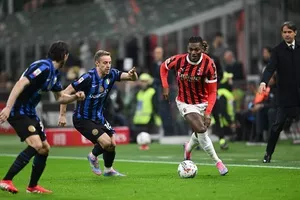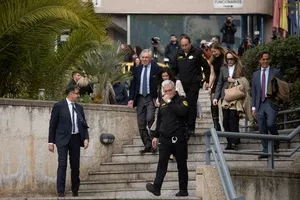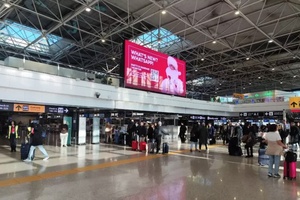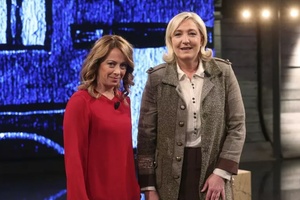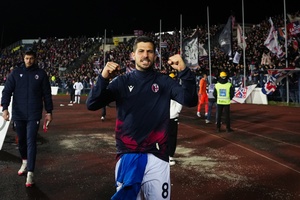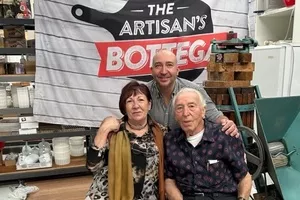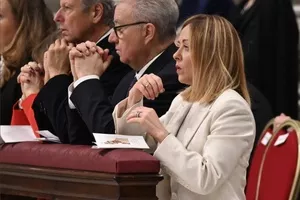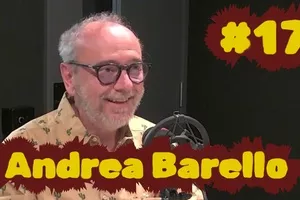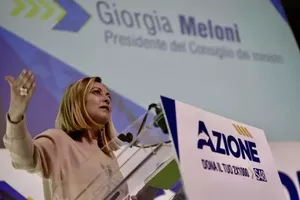As the world slowly begins to recover from the COVID-19 pandemic, simultaneously facing issues such as famine and the advancing climate crisis, water conservation can no longer be limited to one sector as it is a multidisciplinary problem.
Instead, water productivity must be maximised so that the resource can be used and reused in all economic and ecologic sectors.
Dr Nerina Di Lorenzo was appointed managing director of Melbourne Water on December 1 – a privilege as well as an immense responsibility.
“I feel very honoured and thankful to the board for appointing me,” she said.
“I’m also thankful to the outgoing director for his work in setting up the organisation to now be able to fulfil that role.”
Melbourne Water manages the major water, sewerage and drainage networks across Greater Melbourne, working together with local water companies and councils.
Di Lorenzo has two years of prior experience as the executive general manager of service delivery at Melbourne Water, which is run by the Victorian government.
She completed a double degree in engineering and business, as well as a PhD which focused on the topic of organisational change management and explored the barriers and enablers to implementing change in Victorian local government organisations.
She admits to having been influenced by her family background in her professional career, as she has consistently fought to provide accessible services to the entire community.
Di Lorenzo grew up in a typical Italian family in Melbourne, with four brothers and sisters.
Her parents, Rocco and Francesca Prattico, migrated to Australia in 1956, leaving the Calabrian town of Taurianova behind.
Like thousands of other migrants, they made the journey to Australia in search of new opportunities and to provide their family with a better life.
“My parents worked really hard to make sure we had access to education and to help us live our lives in a more fulfilling way,” Di Lorenzo said.
“My mother wasn’t able to study, and yet in one generation, with all the work my parents did, I was given the opportunity to be able to go into this amazing job.
“My family were the first people that I saw saving water, who knew how to harvest and collect it.
“So, particularly when I think about the financial aspects of my job, I make sure the services are provided in a way that’s affordable, because I remember how much effort my family and other families put in to pitching the resources.”
After she finished her degrees, Di Lorenzo began working on oil rigs for a few years, which provided her with invaluable technical experience.
She then switched sectors and began working in local government for nearly 20 years, eventually becoming the chief executive officer of Moreland Council.
“That role was a really big honour,” she said.
“When my family moved into Melbourne we lived in Coburg, so being able to work for a community that I really cared about made a difference.”
Di Lorenzo’s move to Melbourne Water came at a critical time for the company.
“During the COVID-19 pandemic we made a real effort to ensure that citizens received the services they needed without any unexpected disruptions,” she said.
“Many of our employees worked from home, but we’ve also got quite a big workforce that needs to be out and about, at the disinfection plants or in the crew.
“We’ll continue to work in a way that’s blended as we start to transition people back to the office, because we recognise that there’s sometimes work that’s best done at home.
“This is the decade that matters because we’re already starting to see the effects of climate change, such as the long-term decline trends in terms of water availability.
“Fortunately, this season it’s been raining and that’s great, so we can capture it.”
Di Lorenzo currently faces two challenges: long-term water security and managing flood impacts.
She is also trying to reduce Melbourne Water’s greenhouse gas emissions as much as possible, using cutting-edge methods to control emissions from sewage.
“My absolute primary goal during this time is to think ahead and prepare to utilise water from many more sources,” she said.
“I also want to leave Melbourne a better place for the next generation.”
Melbourne Water has launched several educational programs, including virtual and on-site tours, conferences, and projects catering for young Victorian students, to help them become champions of water conservation.
“As a child, I wasn’t sure what my dream was,” Di Lorenzo said.
“I was always interested in art and culture, but I discovered the same creativity was used in engineering.
“You’re solving problems and looking for new, creative solutions.
“I’m very passionate about applying those skills in a way that’s beneficial to our community.”


















